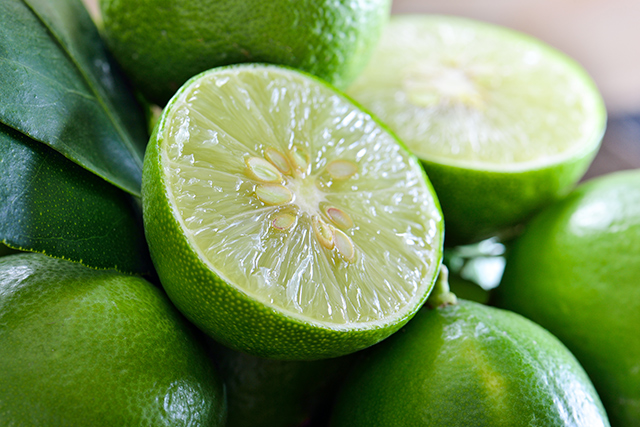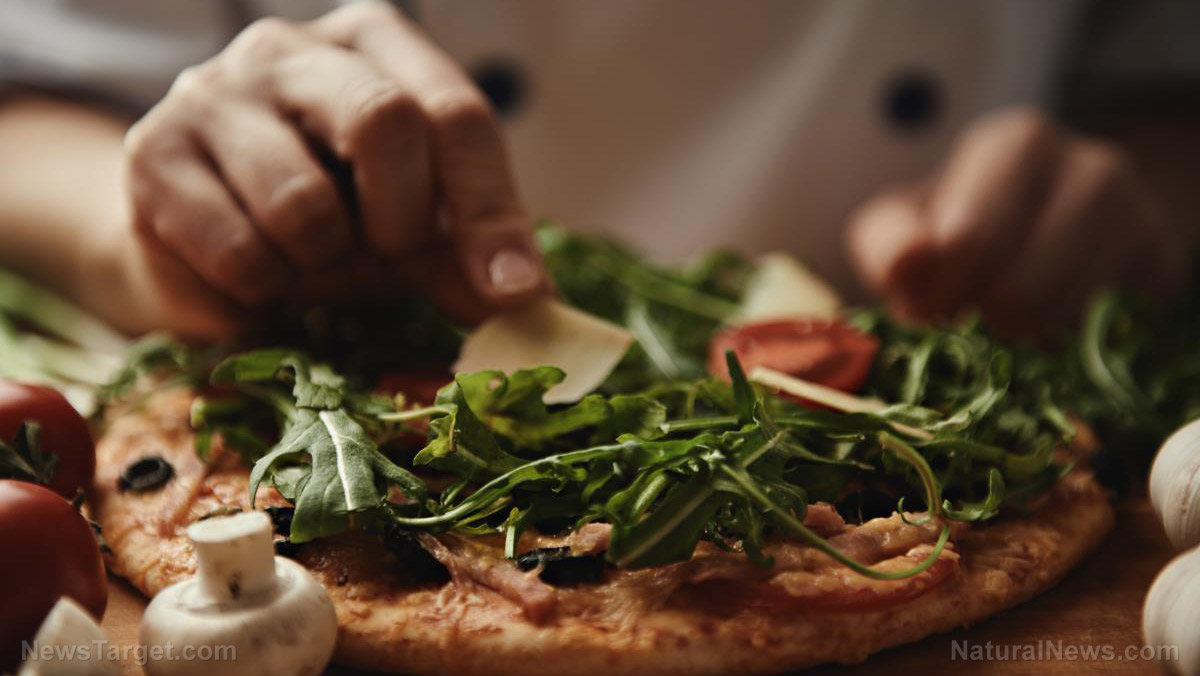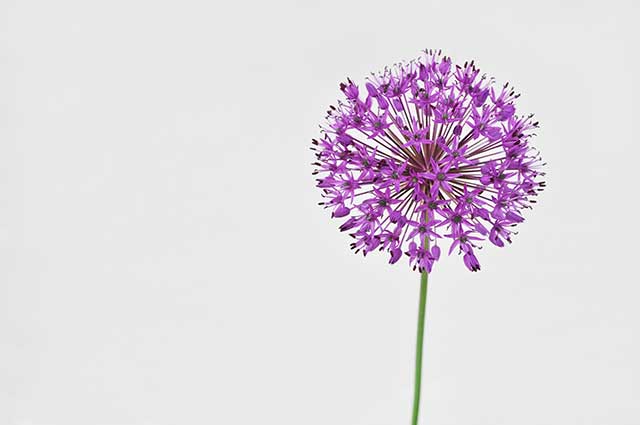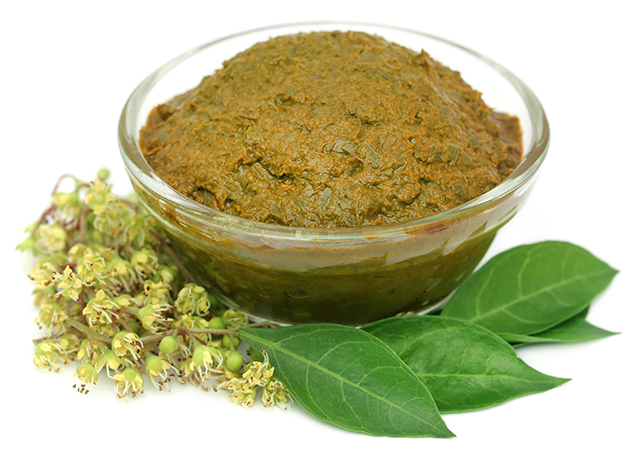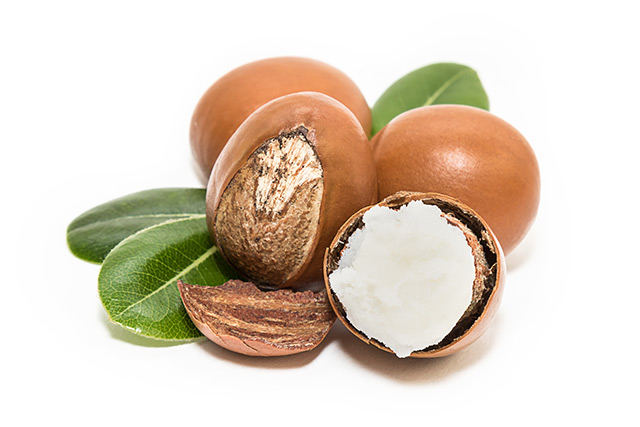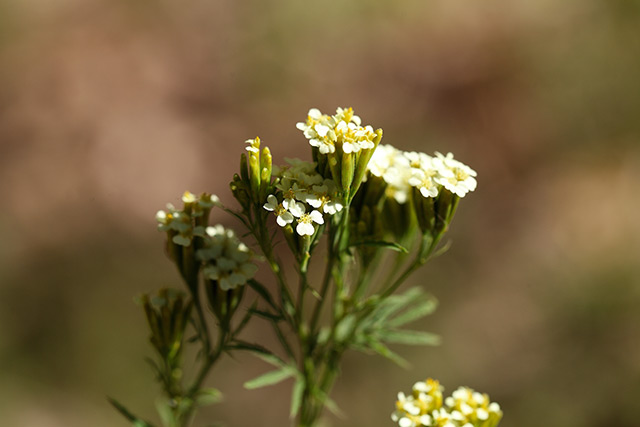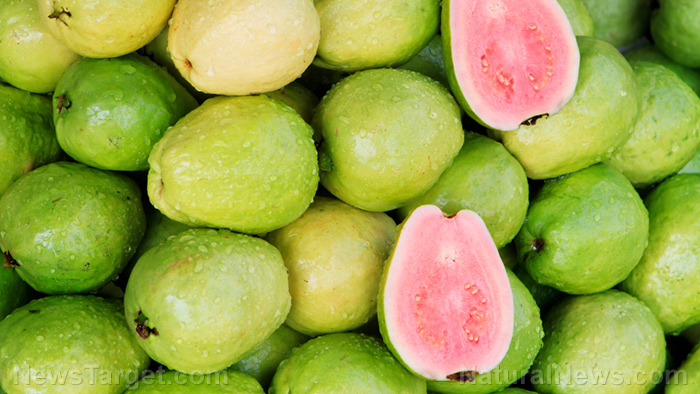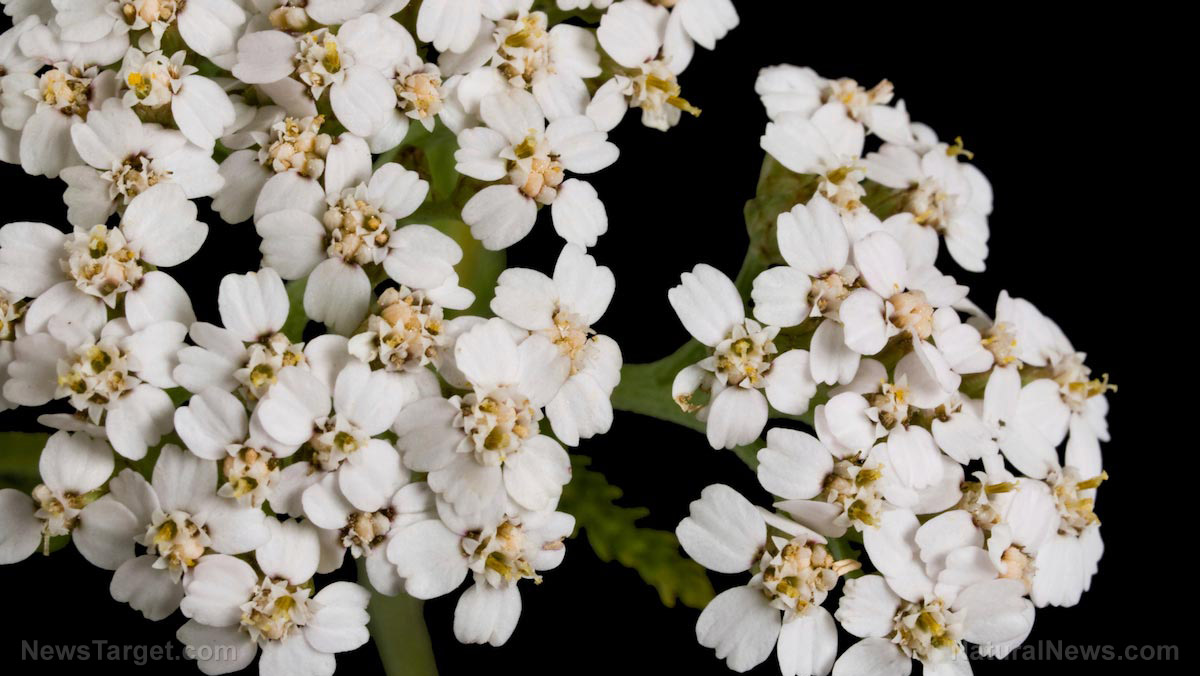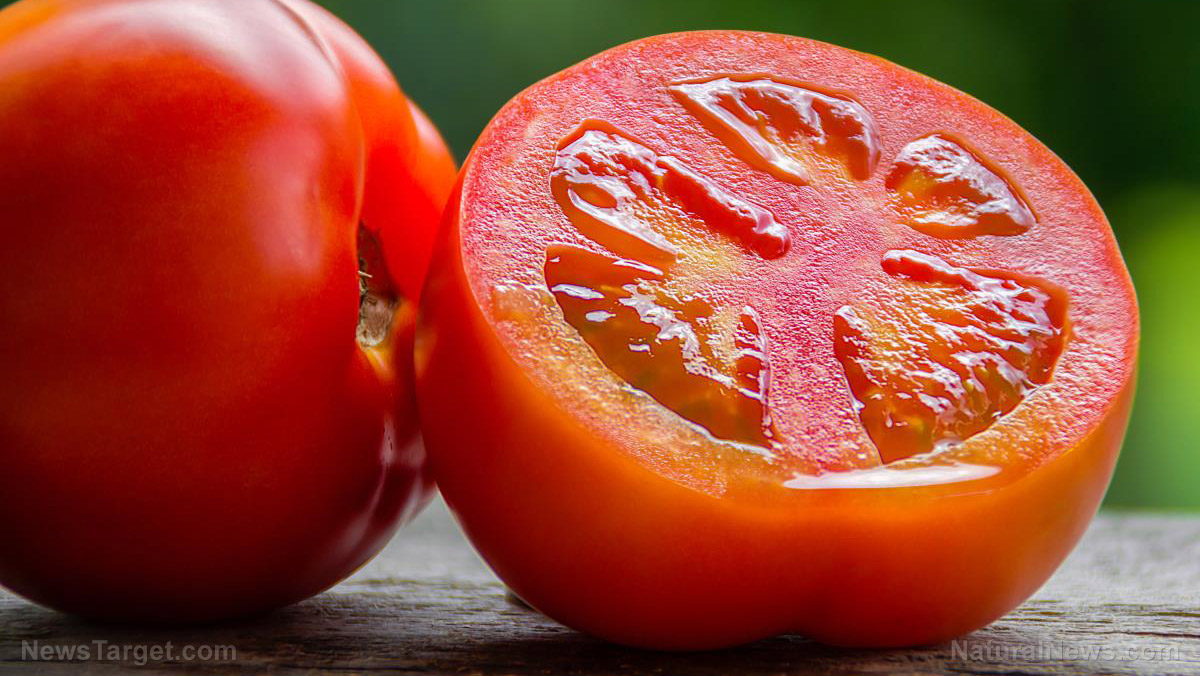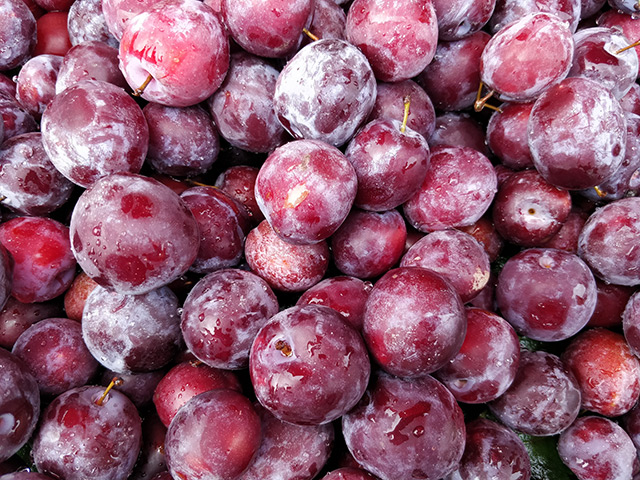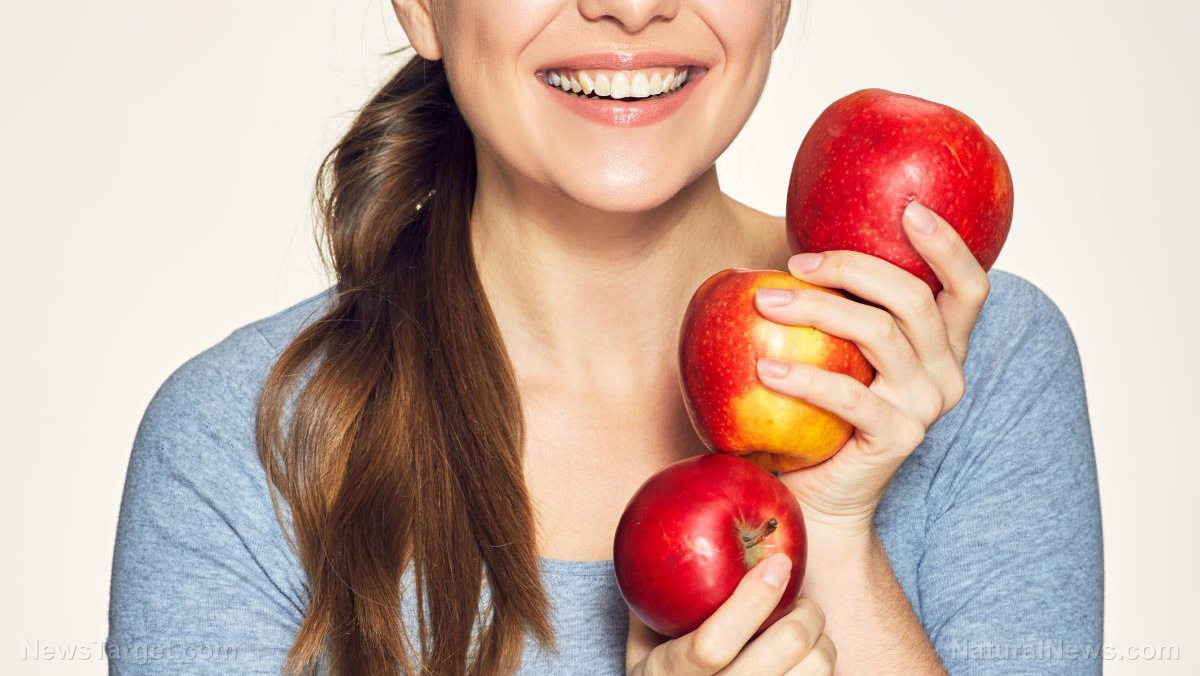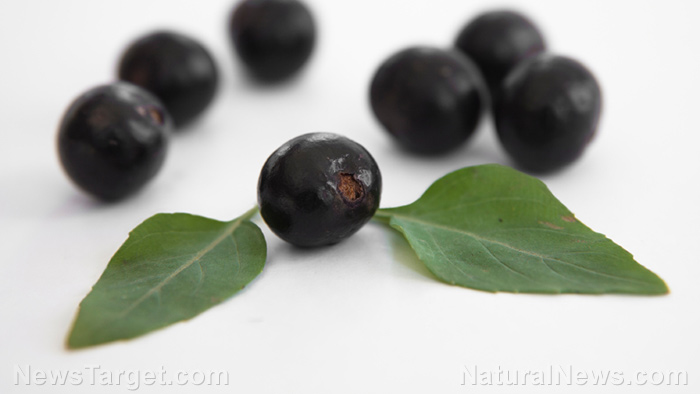Treating ulcers naturally with a herbal complex
08/09/2018 / By Edsel Cook

Two individual medicinal plants with gastroprotective properties were shown to work even better when taken together. Malaysian researchers reported that a combination of Malabar melastome (Melastoma malabathricum) and the Jamaican cherry (Muntingia calabura) was able to protect the stomach from gastric ulcers better and safer than anti-ulcer medications.
Gastric ulcers are a common form of peptic ulcer. They are caused by numerous factors, such as excessive alcohol consumption, SAID and NSAID drugs, Helicobacter pylori infections, and smoking. These factors cause an imbalance that damages the stomach.
Current prevention and treatment methods of peptic ulcers focus on reducing the amount of gastric acid secreted by the stomach. However, anti-ulcer drugs like Tween 80 and ranitidine often have negative side effects.
Researchers from the Universiti Putra Malaysia (UPM) sought to develop a means of treating ulcer without drawbacks. They looked at medicinal plants that possessed bioactive molecules with gastroprotective activities.
One of these plants is the Malabar melastome, whose many parts are used as folk remedies for various ailments. Its leaves contain flavonoids that encourage the healing of wounds, reduce inflammation, relieve pain, and scavenge free radicals.
The other candidate is the Jamaican cherry. Like Malabar melastome, its flavonoid-rich leaves show antibacterial, anti-inflammatory, antinociception, antioxidant, antiproliferative, antipyretic, and anti-tumor activities.
The UPM team previously studied the anti-ulcer activity of the methanol extract from the leaves of both plants, which also showed anti-inflammatory and antioxidant activities. They decided to determine the effect of the two medicinal plants when taken together. (Related: Understanding peptic ulcers and how to treat them at home.)
Herbal extract combines two medicinal plants with gastroprotective properties
The researchers gathered Malabar melastome and Jamaican cherry samples for processing. They prepared methanol extract from the leaves in different ratios (1:1, 1:3, and 3:1). The total phenolic content (TPC) and oxygen radical absorbance capacity (ORAC) of the extract were assayed.
The herbal extract was tested on a rat model. For seven days, rats were given Tween 80, the standard anti-ulcer drug ranitidine, or methanol extract from the two plants.
To induce gastric ulcers, the rats were given absolute ethanol. After one hour, they were sacrificed so that their stomachs could be collected and examined for ulcer areas. Gastric tissues were analyzed for histopathology.
Furthermore, pylorus ligation was performed on another rat model involving groups pre-treated with Tween 80, ranitidine, and three different ratios (1:1, 1:3, and 3:1) of Malabar melastome and Jamaican cherry. These rats were sacrificed and their stomachs were examined for lesion damage.
The gastric content from the pylorus ligation was analyzed for volume, pH, and free and total acidity of the gastric juices. The amount of gastric wall mucus was also measured.
New extract shown to heal ulcers and prevent them from forming
Macroscopic and microscopic findings determined that the 1:1 ratio of Malabar melastome and Jamaican cherry provided the highest gastroprotective activity among the anti-ulcer treatments. The results of the pyloric ligation test also showed a decrease in the volume of the gastric content and increase in gastric wall mucus.
While the extract did not affect pH and total acidity, it did show high levels of antioxidants based on the TPC value and ORAC activity. It was also able to scavenge a significant amount of the free radical 2,2- diphenyl-1-picrylhydrazyl that causes oxidative stress.
Furthermore, the herbal extract raised the activity levels of catalase, glutathione, malondialdehyde, prostaglandin E2, and superoxide dismutase. These help protect gastric tissue from damage.
The UPM researchers conclude that the methanol extract from the leaves of the Malabar melastome and Jamaican cherry could serve as a preventive and treatment therapy for gastric ulcers.
Read about more medicinal herbs that can treat ulcers and other diseases at NaturalMedicine.news.
Sources include:
Tagged Under: alternative medicine, antioxidants, disease treatments, flavonoids, gastric disorder, herbal cures, herbal medicine, Herbs, Natural Treatments, peptic ulcer, plant cures, plant medicine, remedies, research, stomach ulcer, ulcers

